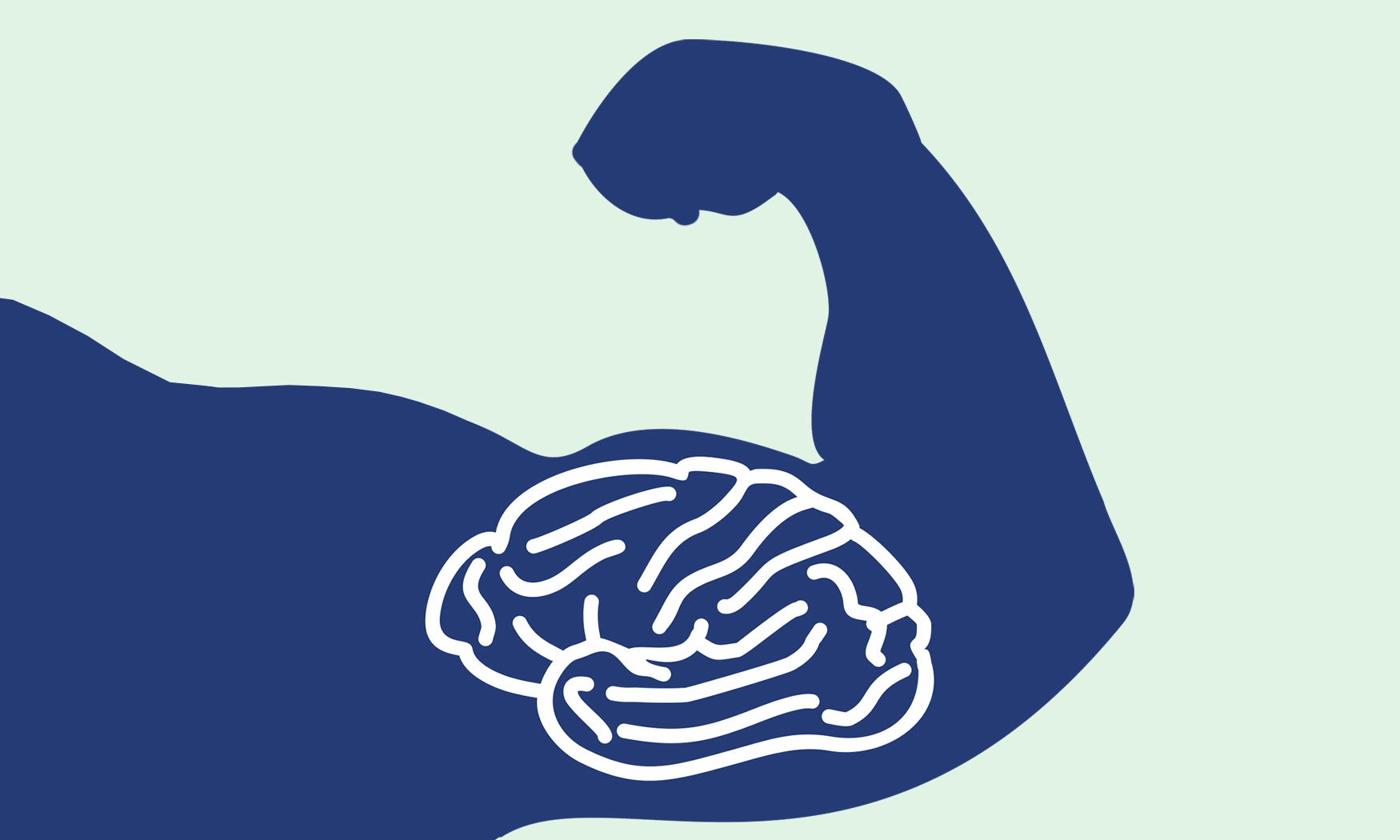To provide services at the highest level, we use cookies. Using the website requires you to choose settings related to their storage on your device. If you want to know what each type of cookie is used for, click the Details button below.
Five reasons to start neurofitness training10 sierpnia 2024 |

Neurofitness is brain training that improves its functioning. It combines techniques from cognitive psychology, neurology, and Buddhist philosophy to support mental and emotional development. Neurofitness can include meditation techniques as well as various types of cognitive training.
The benefits of neurofitness include improved concentration, memory, creativity, stress reduction, and better mental resilience. It also enhances the ability to make beneficial decisions.
Neurofitness exercises include meditation, mindfulness training, puzzle solving, and logic games that stimulate brain activity. Specialists may also recommend other activities. EEG Biofeedback under the supervision of a neuropsychologist can be a good support for neurofitness.
Yes, regular brain exercises as part of neurofitness increase creativity by helping to open up to new ideas and broadening mental horizons.
Neurofitness utilizes various relaxation techniques, such as meditation and breathing exercises. These, in turn, lower cortisol levels, the stress hormone, thereby improving well-being.